Landmark Chevron Ruling: Could Workplace Safety Agency OSHA be Next Supreme Court Target
On Friday, the Supreme Court overturned a 40-year principle that boosted federal regulators’ power. This decision is part of a broader conservative agenda to shrink the federal government.
The ruling could signal future challenges to other federal agencies, including OSHA, which regulates workplace safety.
OSHA's Role in Workplace Safety
The Occupational Safety and Health Administration (OSHA) was established in 1970 to set safety standards. The agency aims to protect workers from hazards like falls, fires, electric shock, and chemical burns.
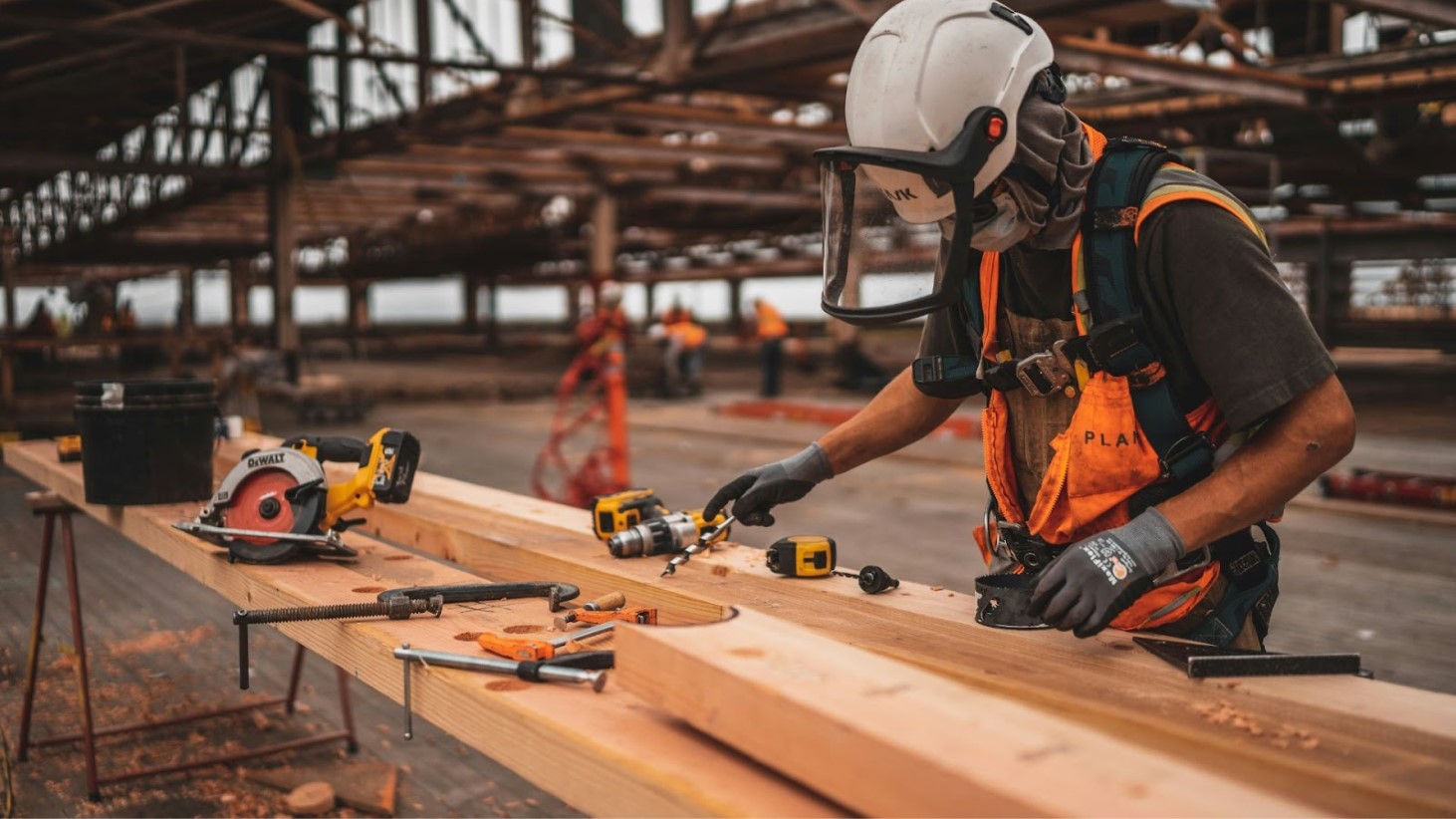
Source: Jeriden Villegas/Unsplash
Since its inception, workplace injuries have significantly decreased, highlighting OSHA’s impact.
Current Challenge Against OSHA
This week, the Supreme Court might decide whether to hear a case challenging OSHA’s authority. Business groups and Republican attorneys general argue that Congress overstepped constitutional bounds by giving OSHA regulatory power.
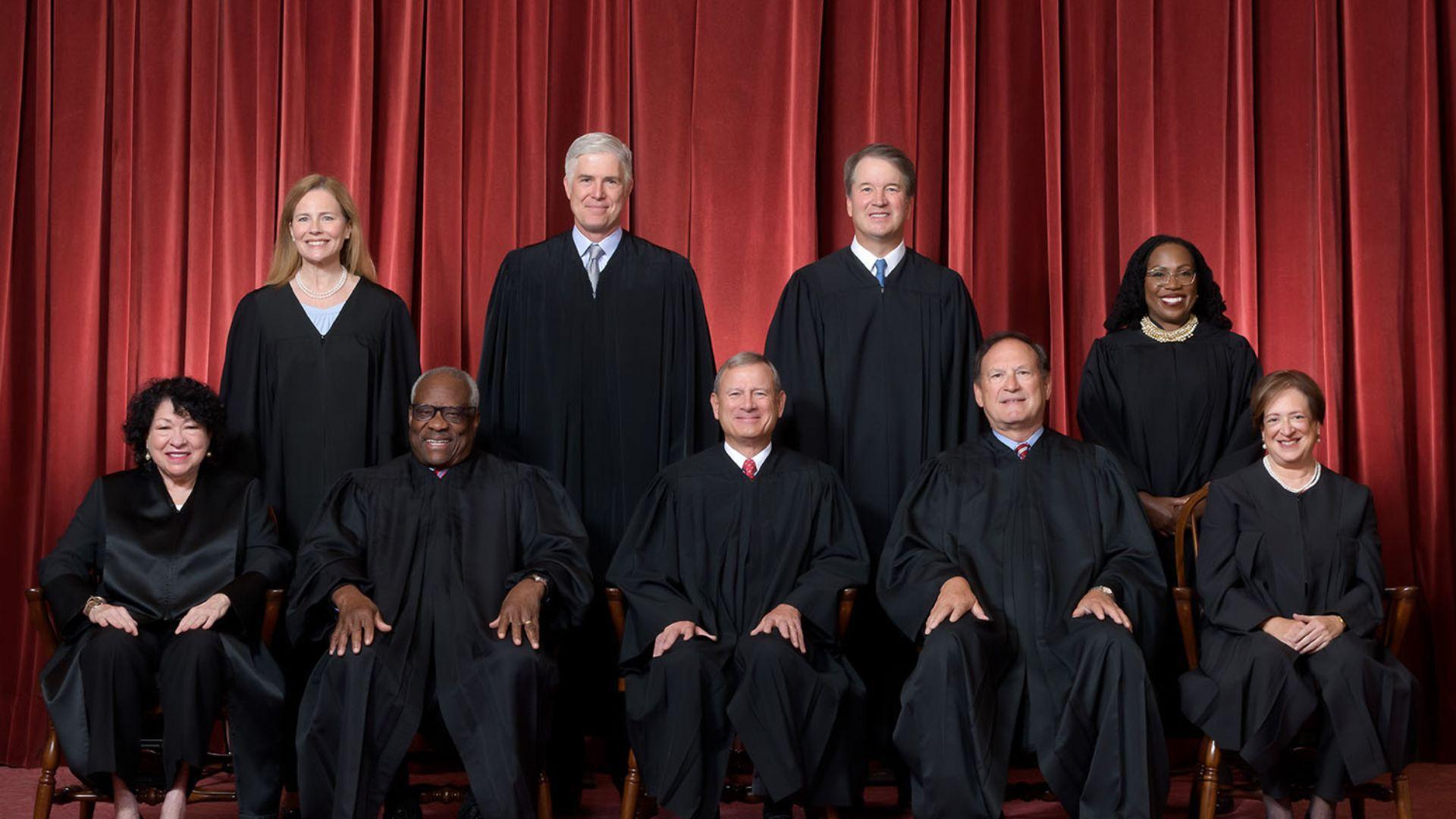
Source: Public Domain/Wikimedia Commons
This challenge follows OSHA’s penalty against Allstates Refractory Contractors in 2019 after a catwalk brace injured a worker.
Allstates Refractory Contractors Case
In 2019, Allstates was fined $5,967 after a catwalk brace fell and injured a worker. Represented by Don McGahn, the company argues that Congress improperly allowed OSHA to set safety standards for almost every business.
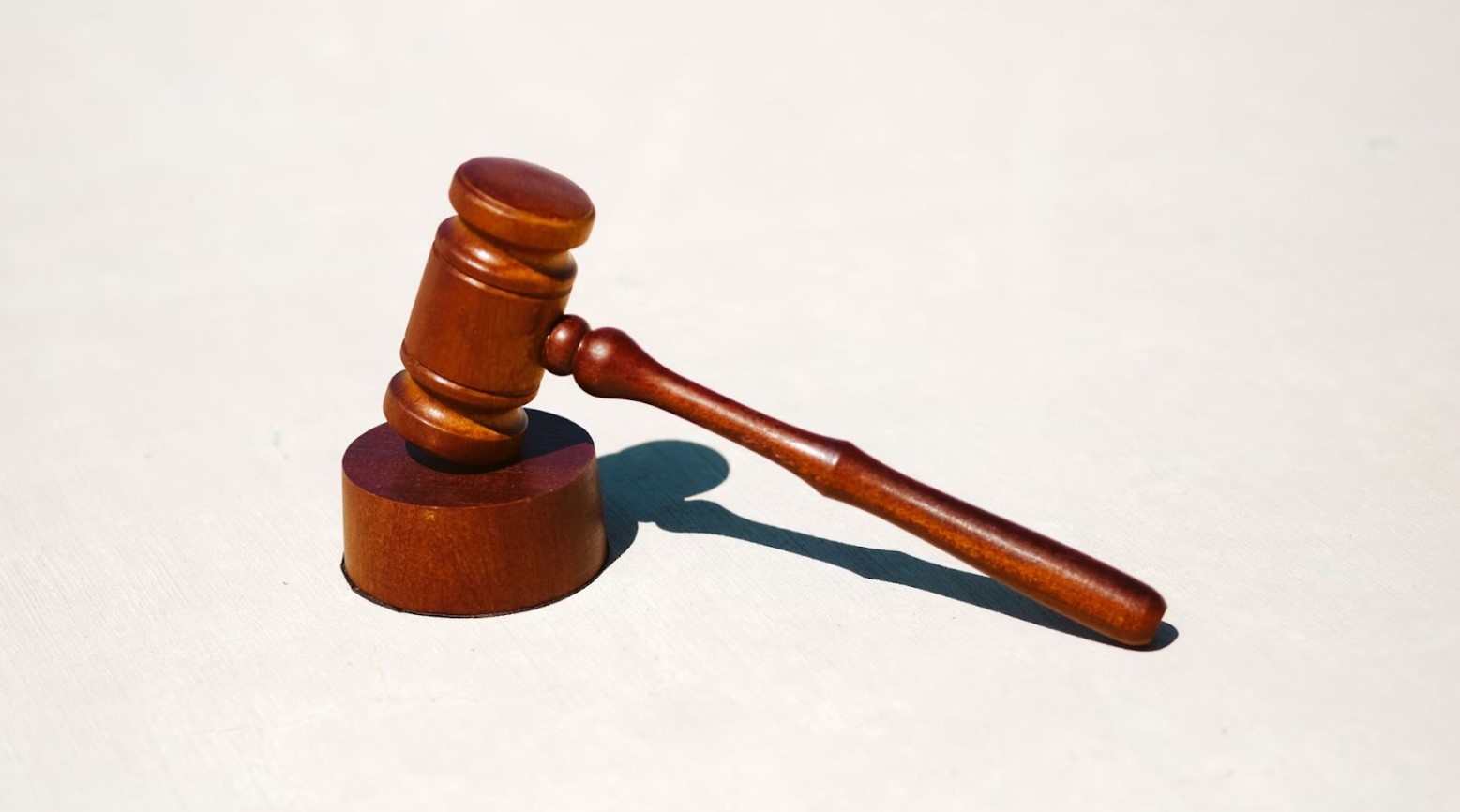
Source: Tingey Injury Law Firm/Unsplash
This case could limit OSHA’s regulatory power significantly if the Supreme Court rules in Allstates’ favor.
Historical Challenges to OSHA
OSHA has faced legal challenges before. The latest challenge, however, comes at a time when the Supreme Court has a conservative supermajority.
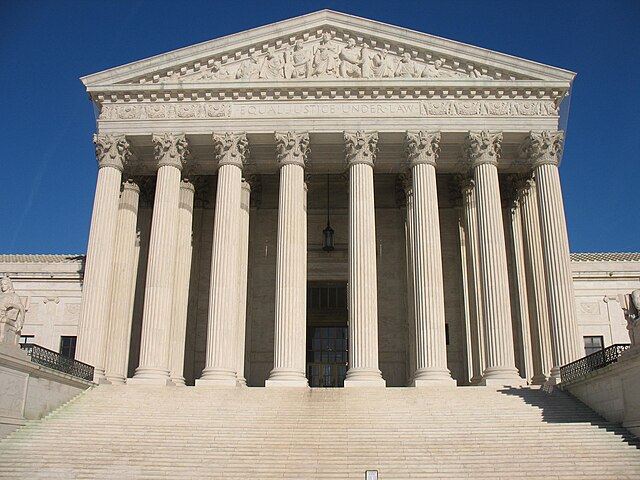
Source: Kjetil Ree, Wikimedia
This conservative shift increases the likelihood of the Court reexamining and potentially restricting OSHA’s authority.
Nondelegation Doctrine at Play
At the heart of the challenge is the nondelegation doctrine, which deals with Congress delegating legislative powers to executive agencies.
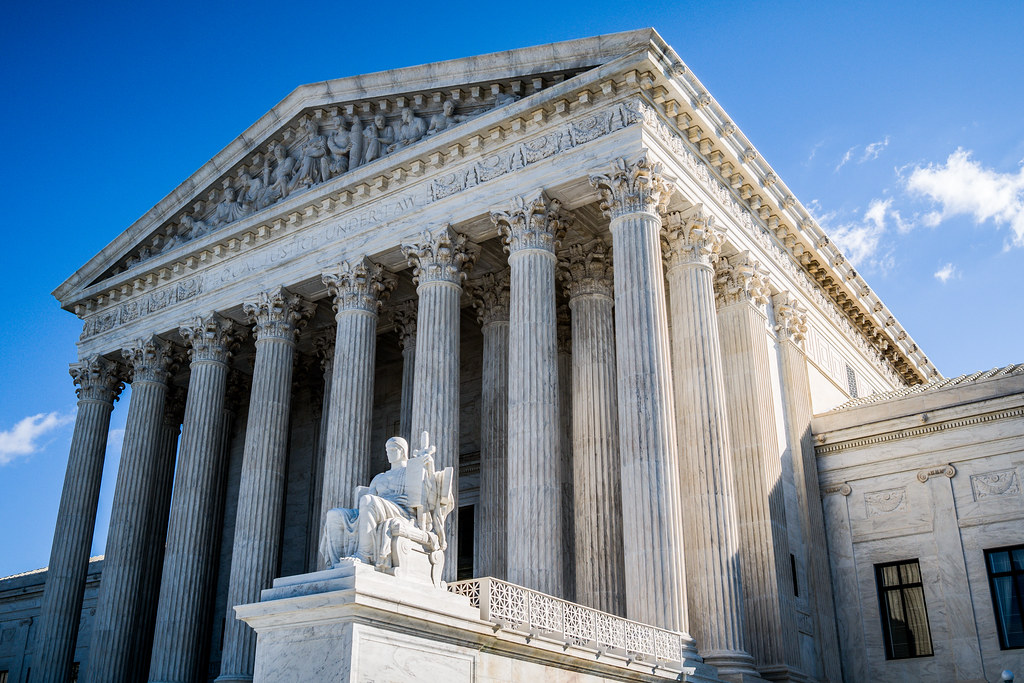
Source: Phil Roeder/Flickr
Critics argue OSHA is an extreme example of this. If the Supreme Court revisits this doctrine, it could reshape the regulatory power landscape across all federal agencies.
Potential Impact on OSHA Regulations
If the challenge succeeds, many of OSHA’s safety standards could be invalidated. The challengers, however, argue that most regulations would remain intact due to other rulemaking authorities.

Source: Freepik
Nonetheless, this could lead to a fragmented system of federal and state safety regulations.
The Sixth Circuit Court of Appeals Decision
In 2023, the Sixth Circuit Court of Appeals upheld OSHA’s authority. The court ruled that the 1970 law provided sufficient direction and limits on the agency’s power.

Source: Shutterstock
Circuit Judge Richard Griffin emphasized that OSHA’s power does not exceed constitutional limits, although Circuit Judge John Nalbandian disagreed.
Conservative Perspective on OSHA's Authority
Many conservatives believe OSHA represents regulatory overreach. They argue that the agency has “nearly unfettered discretion” to impose safety standards.

Source: Naval Surface Warriors/Wikimedia Commons
The American Farm Bureau Federation and other business groups support the challenge, stating that Congress must set specific safety standards, not delegate this power.
Legal Precedent and Implications
The Biden administration argues that overturning OSHA’s authority could upend a century-old approach to congressional delegation. They believe this would create uncertainty and legal challenges across various sectors.
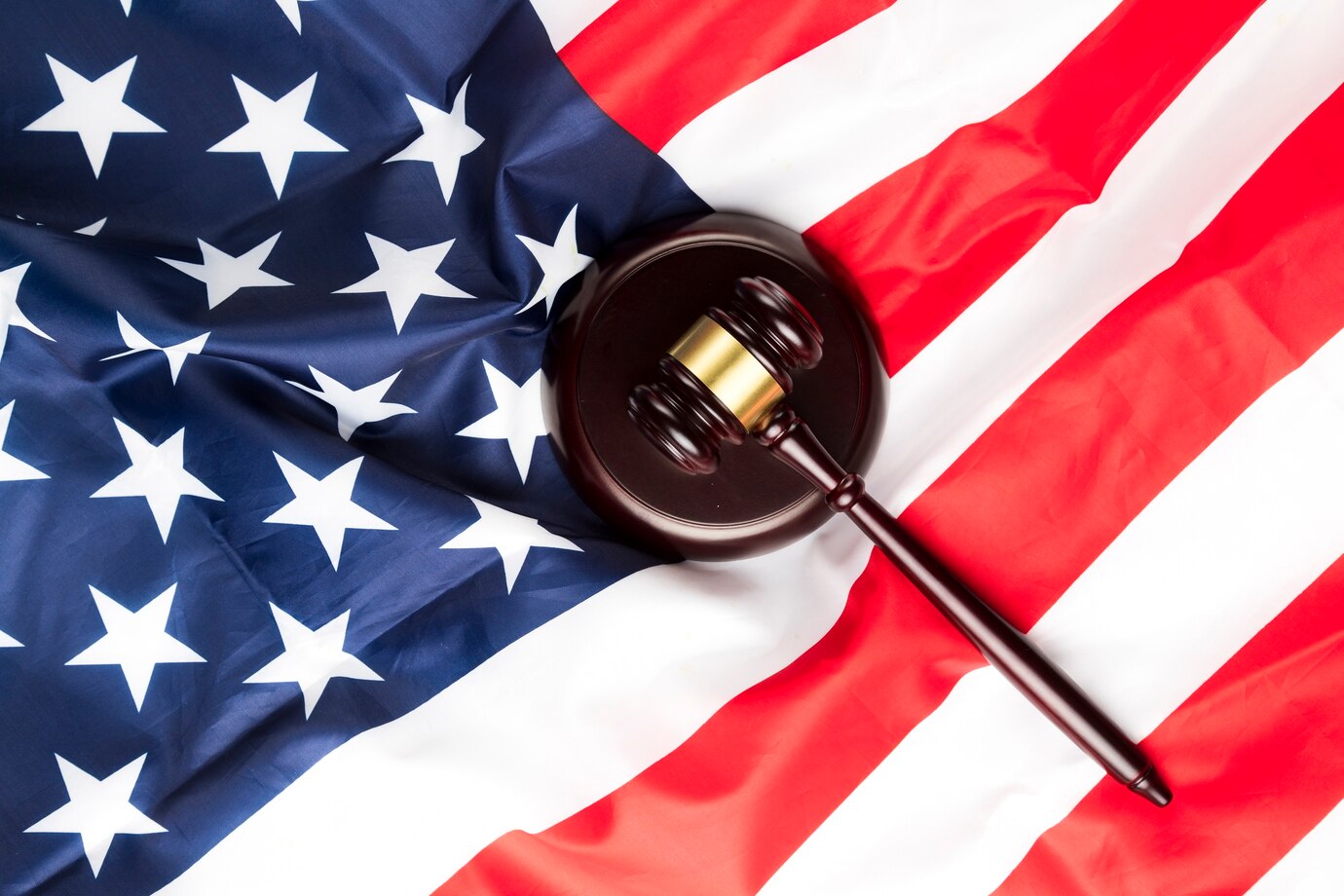
Source: Freepik
The Supreme Court’s decision could set a significant precedent for how much power Congress can delegate to federal agencies.
Broader Implications for Federal Agencies
A ruling against OSHA could very well embolden challenges to other federal agencies, which could impact regulations on environmental protection, labor laws, and more.

Source: Freepik
The case highlights the ongoing debate over the balance of power between Congress and federal agencies in the regulatory landscape.
Awaiting the Supreme Court's Decision
The Supreme Court’s decision on whether to hear the OSHA challenge is imminent. This ruling could redefine the scope of federal regulatory power for years to come.
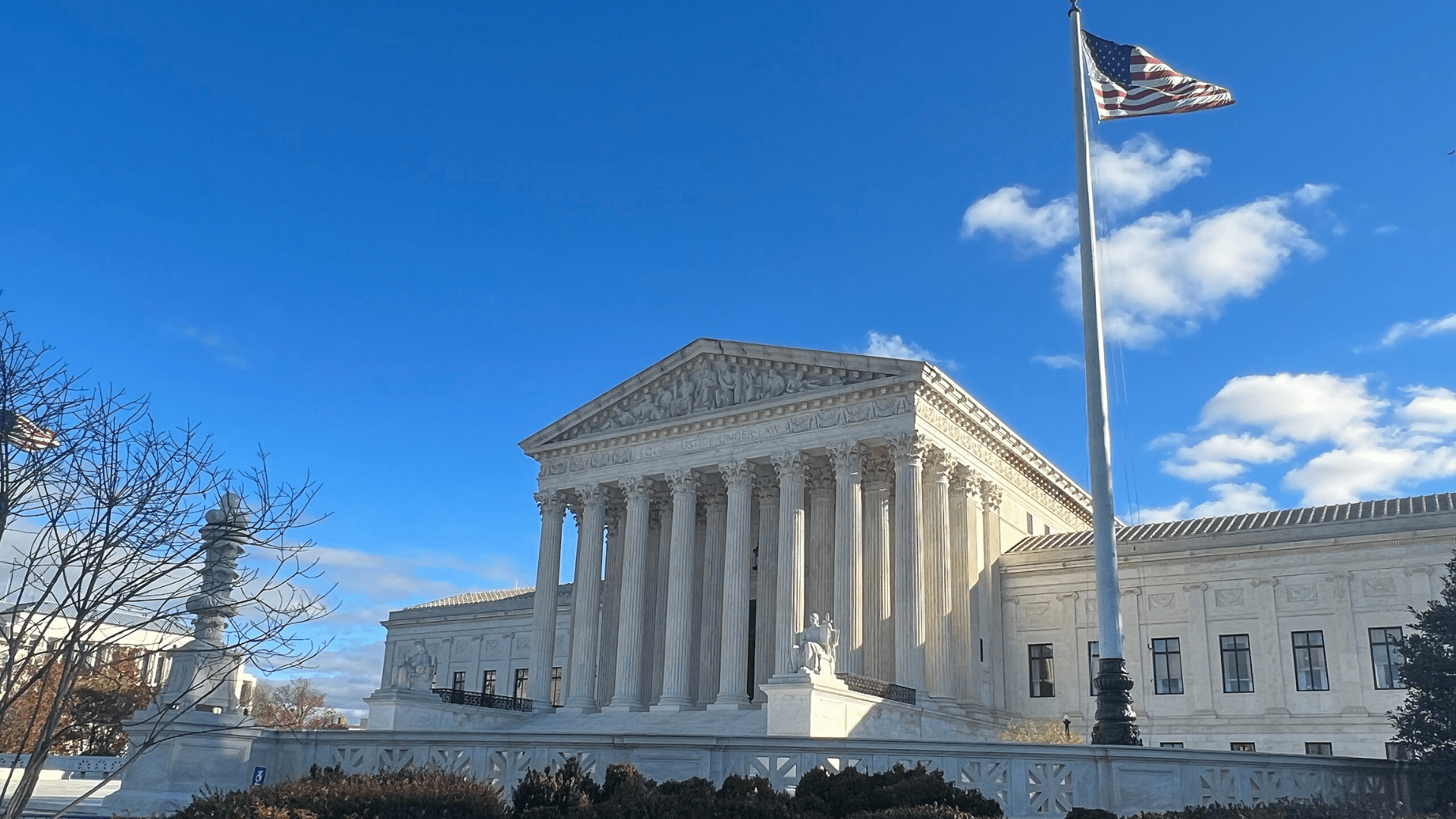
Pacamah/Wikimedia Commons
As the nation awaits the decision, the outcome could have far-reaching consequences for workplace safety and beyond.
